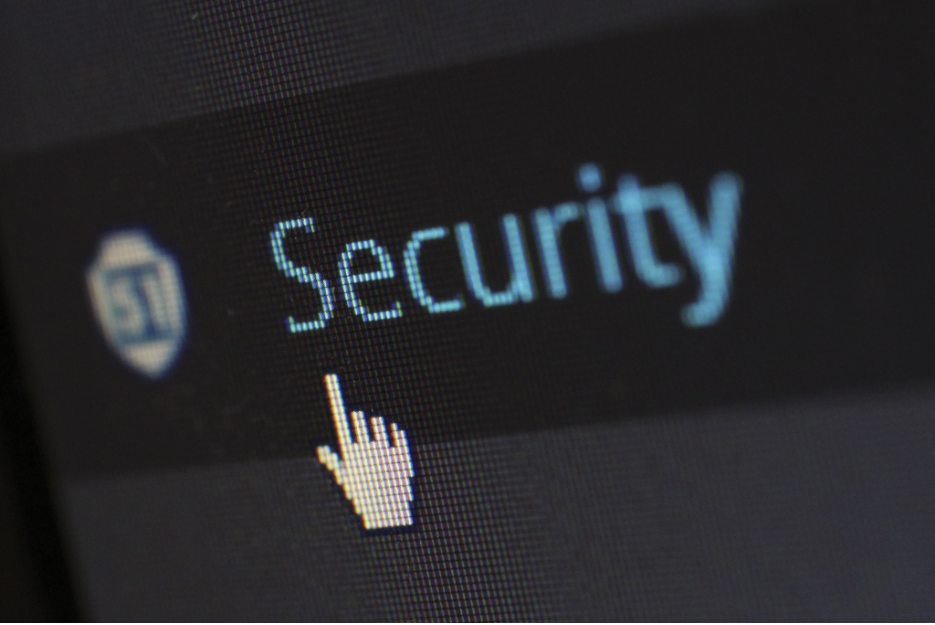We live in an online world, where not everything is what it seems. Emails that seem to come from a reputable source might actually be an attempt to steal financial data or identity details. Dangerous malware might be surreptitiously downloaded onto your computer or smartphone via a drive-by download on a suspect site. Either way, there are numerous threats to our online safety each and every day.
There’s nothing new about this, unfortunately. The idea of a computer virus goes all the way back to ARPANET, with the term officially coined in 1986 and defined by then-PhD candidate Fred Cohen as “A program that can infect other programs by modifying them to include a, possibly evolved, version of itself.” Since then, threats have only grown and will continue to do so for the foreseeable future. With the vast majority of our lives increasingly spent online, protecting your home’s network is more essential than ever. That’s why investing in a home network security station is a grand idea for either the home or your business. Check out a few reasons why we think you should use one at your home or business below.
Quick Setup And User Friendly
Contents
Right off the bat, you may be asking: what is a home network security station, anyway? Think of a home network security station as a burglar alarm for the network. It’ll inform users of possible intrusions and potential threats while simultaneously blocking at least 70% or more network attacks. Home network security devices connect to a wi-fi router via a cable. That’s it for installation. Setup only takes a few additional minutes, involving connecting to some power source, installing a security app on your mobile device, and pairing the two together. Once all that’s done, it’s a matter of setting up the system to your needs and desired parameters. Usually, there’s an app (this can apply to both mobile devices and laptop/desktops) that allows you to control the station, check devices on the network at any time, operate via voice controls, and cut off internet connections to wayward or unknown devices on the fly. As more workers go remote and home offices become the norm, cybercrime is likely to rise right along with it. Since many of us are working from home these days, securing our home networks is a sound course of action for home offices or smaller businesses.
Attack Prevention
Home network attacks and attacks happen in a number of ways. If your machine is running slow or seems bogged down, you may have been affected by a home network attack. Maybe you clicked on a dangerous link within an email and became the victim of a phishing scam. Or perhaps you visited a website that gave you a virus (a drive by download). It happens. The best way to fight against such things is to be proactive. Remove any unnecessary services or applications. Also consistently check your system for issues. Run an antivirus program or use your security software’s features to increase your online safety. Create backups of your files just in case. And never click on a suspicious link or give out personal information to a dubious source.
Robust Data Protection
Data is a valuable commodity. Keeping it guarded against those who wish to steal, exploit, or otherwise compromise is something a home security network can aptly handle. The last thing anyone wants is an ambitious hacker getting into their system or having their identity/data compromised through phishing and malware. Along with backing up your files, keeping your OS and software updated, and being wary of suspicious emails, maintaining a secure network is the best way to safeguard data and enhance privacy. So, how does internet protection software guard your data? Good software can scan all the traffic passing in and out of your network and proceed to eliminated/block any hacking attempts and other threats. Users have the agency to immediately and decisively disconnect any unfamiliar devices, while intelligent protection within the software helps block malicious sites and dangerous files from becoming a problem. It can help with both PC and other smart devices (tablets, smartphones) and protect such devices from any potential threats over time.
Safer Browsing For Kids And Family
Keeping yourself safe online is vital, but protecting your family is perhaps even more critical. Providing some oversight for your devices and how your family connects to the internet is an effective method of keeping your family safe without locking them out of everything. These aren’t intended to be ineffective parental controls; rather they’re a useful way to help organize and protect family member devices. Good home network security can offer some amazing features in this regard. These can include:
- Time Limits – Users can add and control time limits for family members accessing the network.
- Device Approval – Users have the power to completely block certain devices or limit their usage of the network.
- Content Filtering – Concerned about children accessing inappropriate content or getting into videos/games when they’re not supposed to? Set content filters to block such things.
- Family Profiles – Make profiles with different rules and protections for various family members.
- Device Disconnection – Users can easily disconnect unknown devices at any time.
Different network security devices/programs have their own unique features, so be sure to do plenty of research to find the program best suited to your family’s needs.
Conclusion

We hope this article helped you decide on whether or not a home network security system is right for you and your business. Protecting the online security of your family (and possibly, your customers) without increased effort make these devices the pinnacle of modern technology.
If these reasons are not enough to bolster your online security, then be sure to take other precautions while online. Adapting to changing times can be scary, but doing what you can to maintain online security can only benefit things in the long run.


